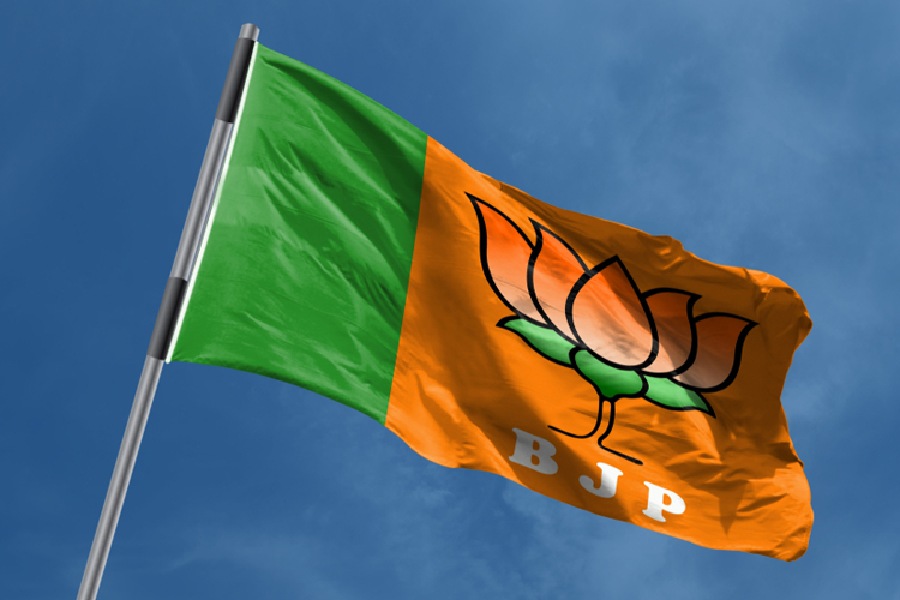Reserve Bank governor Sanjay Malhotra on Wednesday said the central bank will standardise the claims settlement procedure for bank accounts and lockers in favour of the nominees of deceased customers.
“We will be standardising the procedure for settlement of claims in respect of bank accounts, and articles kept in safe custody or safe deposit lockers of deceased bank customers. This is expected to make settlement more convenient and simpler,” the RBI governor said following the conclusion of the 56th meeting of Monetary Policy Committee.
Under the provisions of Banking Regulation Act, 1949, nomination facility is available for deposit accounts, articles kept in safe custody or safe deposit lockers. This is intended to facilitate expeditious settlement of claims or return of articles or release of contents of safe deposit locker upon death of a customer and to minimise hardship caused to family members, according to Statement on Developmental and Regulatory Policies released by the RBI.
“With a view to enhance customer service standards, it has been decided to streamline the procedures and standardise the documentation to be submitted to the banks. A draft circular in this regard shall be issued shortly for public consultation,” it said.
The present regulations, which were reviewed in 2021 following a Supreme Court ruling clarifying the responsibilities and liabilities of banks and their locker users, require banks to have a board-approved policy for settlement of claims and for nomination and release of contents of safety lockers. But it has resulted in variation of procedures across banks for claim settlements.
Similarly, for accounts without nomination, there may also be some variance among banks, which could be simplified with standardisation.
SIP for T-Bills
The central bank plans to expand the functionality in RBI Retail-Direct platform to enable retail investors to invest in treasury bills through systematic investment plans.
This new functionality will enable investors to automatically place bids in primary auctions of T-bills and systematically plan their investment.
The Retail Direct portal was launched in November 2021 to facilitate retail investors to open their Gilt accounts with the Reserve Bank under the Retail Direct Scheme. The scheme allows retail investors to buy Government Securities (G-Secs) in primary auctions as well as buy and sell G-Secs in the secondary market.
Since the launch of the scheme, various new features, in terms of product as well as payment options, have been introduced, including launch of a mobile app in May 2024.
“RBI’s decision to enhance retail access to treasury bills via SIPs is expected to deepen financial inclusion and boost investor confidence,” said Ajay Kumar Srivastava, MD and CEO of Indian Overseas Bank.











